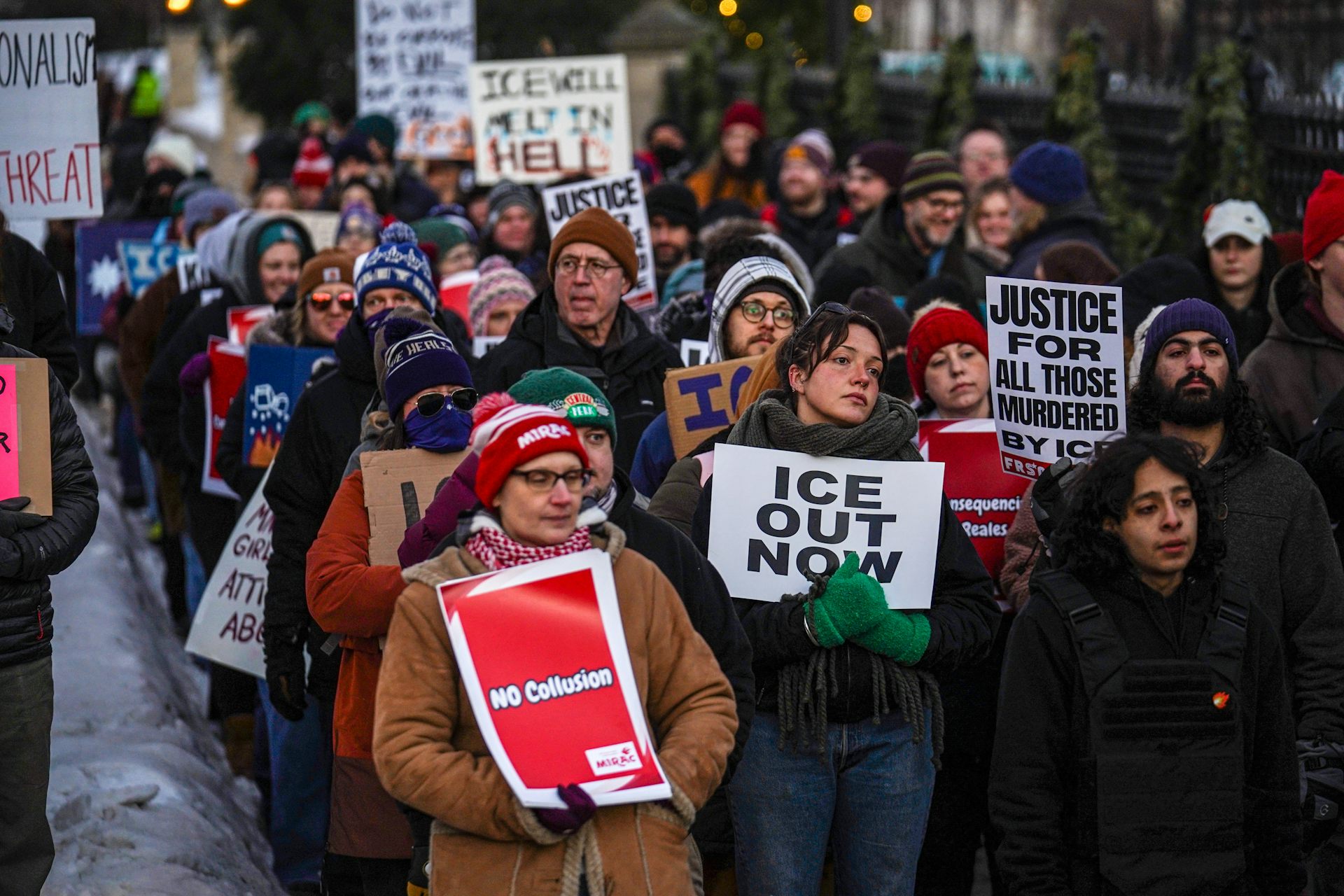Why vote for Harris or Trump? A cheat sheet on the candidates’ records, why their supporters like th
While Harris and Trump diverge on many key policy issues, they find common ground in other areas.
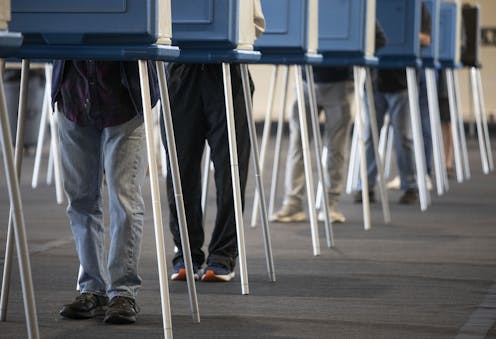
If you are still undecided and mulling your pick for president, there are clear differences between Republican presidential nominee Donald Trump and Democratic presidential nominee Kamala Harris that are important to understand.
The Conversation has published stories from more than a dozen scholars looking at the records of the two candidates.
We had an anthropologist provide our readers with a window into why both Trump and Harris supporters favor their presidential pick.
And we have also looked at why, even if you don’t like either candidate, it still doesn’t make sense to sit out the election.
Here is a roundup of stories to help you evaluate the candidates:
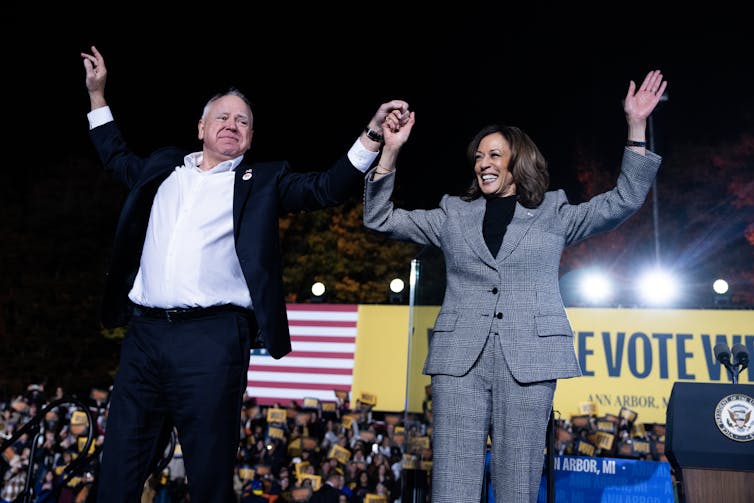
Harris’ and Trump’s records
It’s no surprise that Harris and Trump have contrasting records on policy issues like LGBTQ+ rights and gun violence. The differences don’t stop there.
While Harris has consistently supported protecting and expanding abortion rights, Trump took actions while president that made it harder for people to get an abortion, explains legal scholar Rachel Rebouché.
And while Harris has consistently opposed the death penalty, Trump has supported it, explains political science scholar Austin Sarat.
In other cases, their differences are not as clear-cut. Both candidates have supported restricting immigration to the U.S., writes immigration scholar William McCorkle. And both of them tried to lower drug prices, writes pharmacy practice scholar C. Michael White.
Here are some stories to explain the candidates’ records on other issues: education, space policy, the Ukraine war, artificial intelligence, science research funding, clean energy, drug prices, health care, oil and gas production, foreign policy and labor.
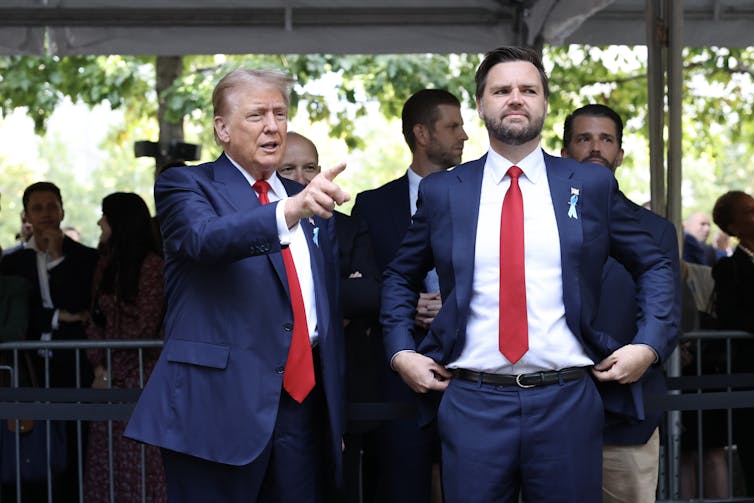
Why people like Trump and Harris
Alex Hinton, an anthropologist who researches both the far right and political polarization in the U.S., helped answer why, after all of the controversies and alleged wrongdoing, people still support Trump.
“Many people have thoughtful reasons for voting for Trump, even if their reasoning – as is also true for those on the left – is often inflamed by populist polarizers and media platforms,” Hinton writes.
There are a few central factors that keep Trump’s supporters loyal. These include the fact that some people recall – whether accurately or not – having more money when Trump was president, and that the economy seemed better. They are upset about immigration. And some supporters like his outlandish persona.
And then there’s the other side to understand: Why people are voting for Harris. Hinton explained that many people deeply dislike and distrust Trump, as well as the extreme direction they think he can take the country.
“In contrast, they contend that Harris combines steady leadership with a message of change, calm, honesty and hope for a better future,” he writes.
Harris’ support of abortion rights and health care, as well as her commitment to international alliances and bipartisan governing, are other reasons people want her as their president.
“Some voters also support Harris because they see her as a candidate of change,” Hinton writes. After Harris replaced President Joe Biden as the Democratic presidential nominee, “voters across a range of demographics were immediately galvanized by her relative youth, biracial identity, articulateness and positive message of change and possibility, as opposed to fear.”
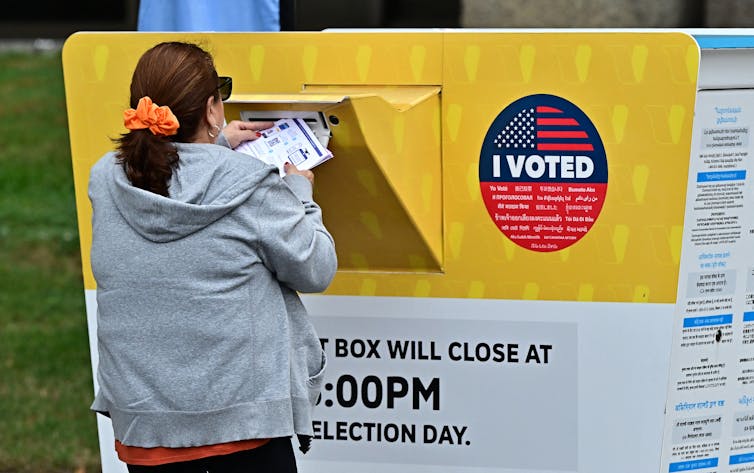
Why it still makes sense to vote
It’s possible that none of this information resonates with undecided voters and that they are considering backing a third-party candidate instead, or not voting at all.
But the logic that an individual vote won’t matter anyway is not accurate, according to behavioral economics scholar Daniel F. Stone.
Every single vote matters, especially in an election like this one that is incredibly close in all of the important swing states, Stone says. This matters if the difference between Harris and Trump is just 5,000 votes in a state like Pennsylvania, for example.
“So, if the 10,000 unhappy voters do vote for one of the two major-party candidates, they can swing the election,” Stone writes.
Even if someone boycotts an election and doesn’t support either of the two viable candidates, “One of them is going to win whether you like it or not,” Stone writes.
.
Read These Next
Honoring Colorado’s Black History requires taking the time to tell stories that make us think twice
This year marks the 150th birthday of Colorado and is a chance to examine the state’s history.
50 years ago, the Supreme Court broke campaign finance regulation
A gobsmacking amount of money is spent on federal elections in the US. The credit or blame for that…
When civil rights protesters are killed, some deaths – generally those of white people – resonate mo
From the civil rights era of the 1960s until today, white victims of government violence have received…






